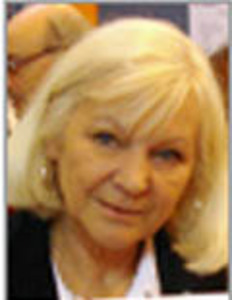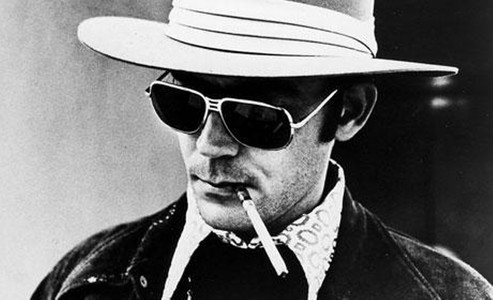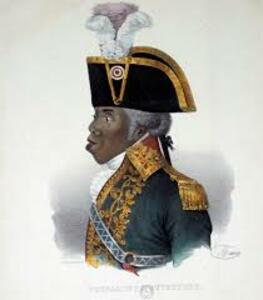Trudeau dénoncé pour négligence criminelle
9 septembre 2021
Buzyn convoquée devant la Cour de justice de la République concernant la gestion du Covid-19
En savoir plus sur RT France : https://francais.rt.com/france/90440-buzyn-convoquee-devant-cour-justice-republique-concernant-gestion-covid-19



